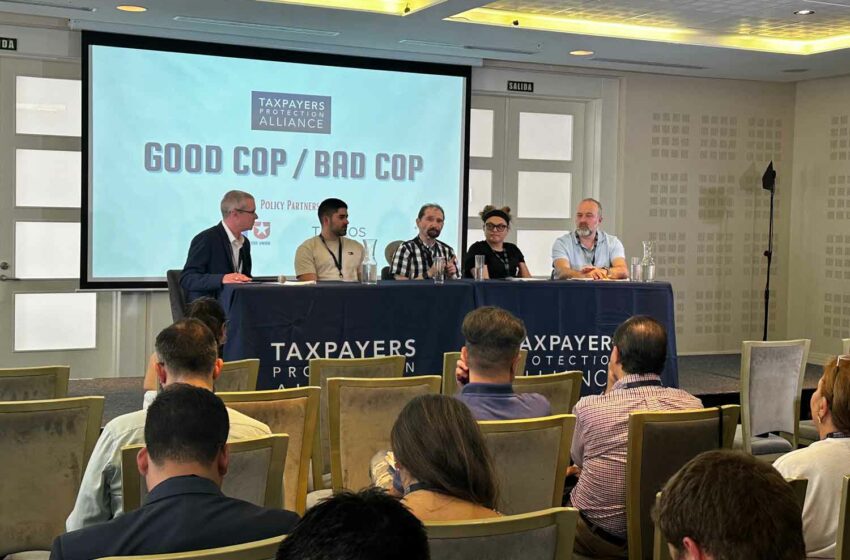The organization holds the WHO accountable for denying the public access to THR products.Read More
Tags :Taxpayers Protection Alliance
Recent Posts
- Ireland to Raise Smoking Age
- Foundation for a Smoke-Free World Changes Name
- 22nd Century Eliminates $2.3 million of Debt
- Spain Urged to Keep Vape Flavors Legal
- Field Officers Told to Stop Demanding Kickbacks
- Loans and Grants for Pangasinan Growers
- Industry Insists on Risk-Appropriate Warnings
- Illicits to Surpass Half of Pakistan’s Market
- Film Portrays Dalligate
- JT USA to Move to North Carolina
- MRTP Renewal Application Filed
- Not Lost Yet
- Revenue and Profits up at Japan Tobacco
- PMI Holds Annual Shareholders Meeting
- Procigar Elects New Leadership
